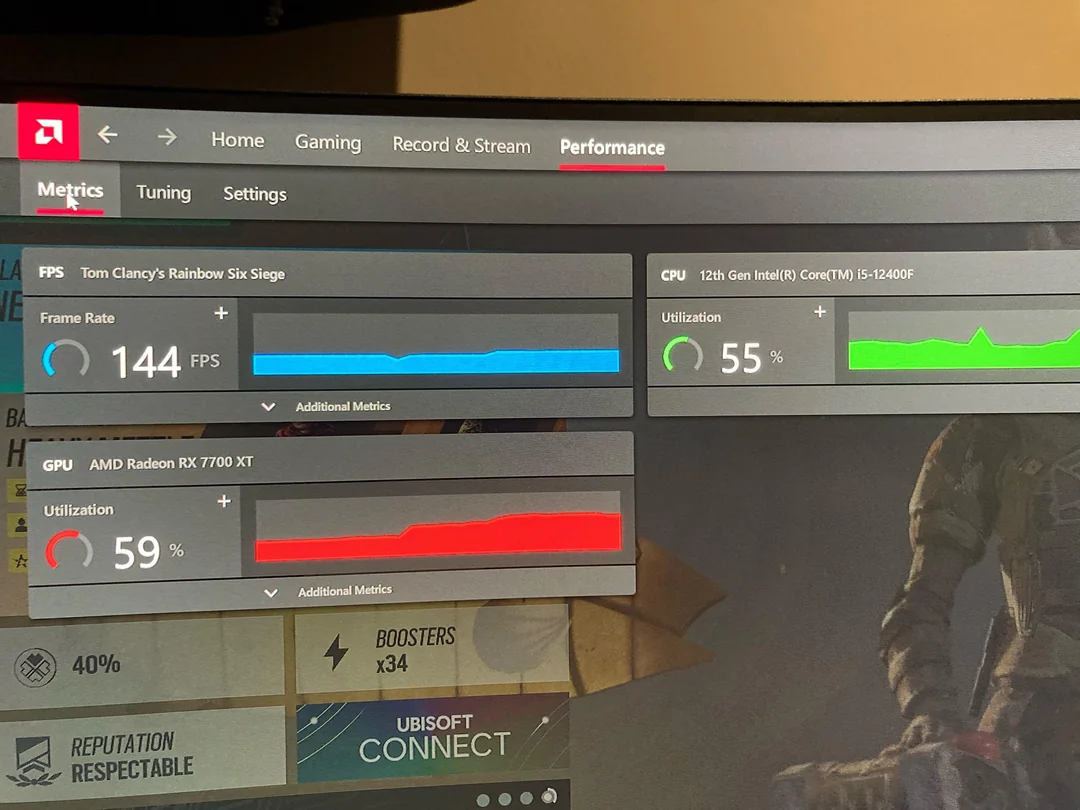The term 185.63.253.2 pp has recently attracted interest within the fields of networking and cybersecurity. While 185.63.253.2 is clearly identifiable as an IP address, the added “pp” suffix introduces ambiguity regarding its purpose or origin.
In this article, we’ll dive into the meaning behind 185.63.253.2 pp, explore its possible uses, and highlight important security considerations to help you stay informed and protected.
What is 185.63.253.2 pp?
The IP address 185.63.253.2 is a public IPv4 address that may belong to a hosting provider, cloud infrastructure, proxy service, or even be a part of a larger content delivery network (CDN). It’s often seen in system logs, firewall reports, or analytics tools when someone tries to trace incoming or outgoing traffic.
The term “pp” in 185.63.253.2 pp is not officially recognized in networking protocols. However, it may stand for:
- Public Proxy
- Private Provider
- Ping Point
- Personal Portal
- Or simply be a user-created label or typo
When users search for “185.63.253.2 pp,” they’re typically investigating the purpose or origin of the IP, whether it’s linked to legitimate web traffic, unknown logins, or suspicious activity.
Understanding IP addresses like this is critical for maintaining cybersecurity, server health, and network efficiency, especially for businesses and IT administrators.
Possible Uses of 185.63.253.2 pp

Understanding where this IP might be used helps determine whether it’s benign, useful, or malicious. Here are some common use cases:
1. Web Hosting and Cloud Infrastructure
Many businesses use IP addresses like 185.63.253.2 to host:
- Websites
- Web applications
- APIs
- File storage systems
Such IPs can be part of data centers operated by companies like OVH, DigitalOcean, Hetzner, or other cloud vendors. In this case, the IP is simply routing traffic between clients and servers.
2. VPNs and Proxy Servers
This IP could belong to a VPN (Virtual Private Network) or proxy server, enabling users to:
- Mask their IP address
- Circumvent geolocation restrictions
- Maintain privacy while browsing
If 185.63.253.2 is part of a known VPN service, it’s likely used by individuals for anonymous access or by organizations for secure remote connections.
3. Botnet or Automated Tool Activity
Sometimes IPs like 185.63.253.2 are used by bots or automated scripts that:
- Scan for vulnerabilities
- Attempt brute-force logins
- Send spam
- Execute DDoS attacks
If your system logs show unusual or repeated requests from this IP, treat it as potentially hostile until verified otherwise.
4. Email Servers or Marketing Tools
IP addresses in this range may also be used by email campaign services, autoresponders, or third-party mail servers. If you receive emails routed through this IP, it could be from a marketing system or newsletter provider.
5. Corporate or Internal Services
In rare cases, “pp” may be a label for an internal resource, such as:
- “pp” = “partner portal”
- “pp” = “product platform”
- Used in log files, intranet systems, or company-specific applications
Security and Privacy Concerns
Dealing with unknown IPs is a core part of network security, especially when dealing with public-facing systems. Here’s why you should take 185.63.253.2 seriously:
1. Unwanted or Malicious Access
If this IP is attempting to:
- Log into servers
- Access web applications
- Perform suspicious queries
…it could be part of a cyberattack, and you should take action immediately.
2. Phishing and Malware Delivery

If the IP is hosting malicious websites or redirecting users, it could be involved in phishing attacks or malware distribution. Users clicking on unknown links from this IP may get infected or scammed.
3. Privacy Breach
This IP could be collecting metadata or probing open ports. If it’s associated with spyware, ad trackers, or surveillance tools, it could compromise user privacy and data security.
4. Network Performance Issues
Repeated requests from suspicious IPs like 185.63.253.2 may cause:
- Server slowdowns
- Increased bandwidth usage
- Log file inflation
- IP blacklisting
How to Check 185.63.253.2 pp
Want to find out exactly what 185.63.253.2 is doing? Here’s how:
1. WHOIS Lookup
This gives ownership info, location, and hosting provider:
- Visit whois.domaintools.com
- Enter the IP
- Check registration, name servers, and ASN (Autonomous System Number)
2. Reverse DNS Lookup
Find domain names linked to the IP. Use:
- MxToolbox
- IntoDNS
- Command line:
bash
CopyEdit
nslookup 185.63.253.2
3. Blacklist Check
See if the IP is listed on global spam or abuse lists:
- AbuseIPDB
- Spamhaus
- Project Honey Pot
4. Geolocation Tools
Determine the country, city, and ISP:
- IPinfo.io
- GeoIPTool
5. Analyze Network Logs
Check your:
- Firewall Logs: Block repeated hits
- Web Server Access Logs: Look for unusual behavior (e.g., 1000s of hits)
- Security software: Scan for malware or intrusion attempts
6. Check Port Activity
Scan open ports from or to this IP using tools like:
- Nmap (Advanced port scanner)
- Shodan.io (Search engine for internet-connected devices)
FAQs
1. Is 185.63.253.2 safe to allow through my firewall?
Only allow this IP if you’ve verified its purpose through a WHOIS lookup, geolocation, and reputation check. If unverified or showing abuse reports, block it.
2. What does the “pp” in 185.63.253.2 pp mean?
“pp” is not a standard networking term. It could mean “public proxy,” “personal portal,” or be an internal label or user-added suffix. It may also be a typographical error.
3. Can I trace who owns 185.63.253.2?
Yes. Using WHOIS, you can find the registered owner or hosting provider. However, this won’t tell you the end-user if it’s behind a proxy or VPN.
4. What if this IP is trying to log into my server?
If you notice brute-force login attempts or repeated access, block the IP immediately using firewall rules (e.g., UFW, iptables, Windows Defender Firewall).
5. How do I block 185.63.253.2?
You can block it via:
- Firewall Configuration
- .htaccess (Apache servers):
apache
CopyEdit
<RequireAll>
Require all granted
Require not ip 185.63.253.2
</RequireAll>
- Nginx:
nginx
CopyEdit
deny 185.63.253.2;
6. Should I report suspicious IPs like this?
Yes. If you detect abuse or attacks, report the IP to services like:
- AbuseIPDB
- Hosting provider (found via WHOIS)
- National cybersecurity centers (like US-CERT, CERT-IN, etc.)
Conclusion
IP address 185.63.253.2 is likely a part of a web hosting or proxy service, though its exact use can vary widely. The “pp” suffix might be user-generated, representing public proxy, personal portal, or other interpretations. Whether you encountered this IP in your security logs, web traffic, or error messages, it’s essential to verify its legitimacy and take action if necessary. If it’s used by a VPN or server, it might be harmless. But if it’s involved in unauthorized access or appears in abuse databases, it should be blocked and monitored immediately. Always follow cybersecurity best practices: keep your software updated, monitor server logs, and restrict unknown IPs from accessing sensitive resources.




Leave a Reply